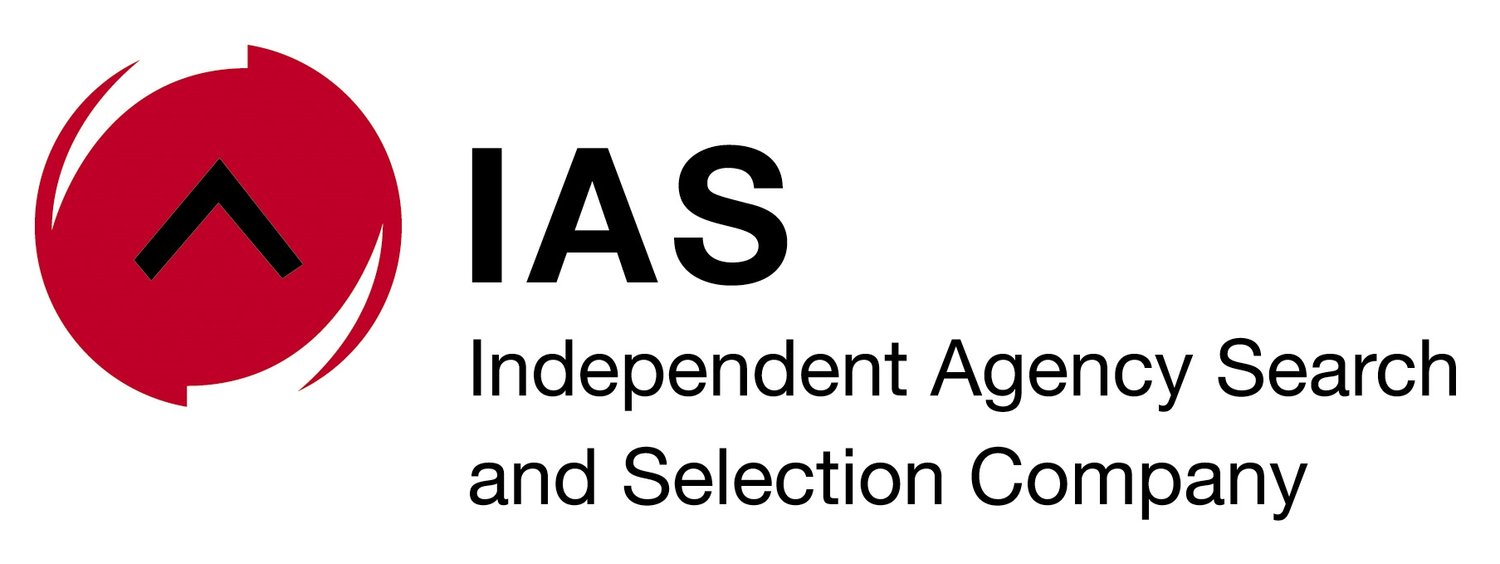Spare a thought for today’s marketing executives as they face not only the most empowered consumers ever, but a rapidly changing marketing ecosystem and the need to manage both, writes Johanna McDowell, CEO of the Independent Agency Search & Selection Company (IAS) and SCOPEN Africa managing partner.
In the rush to give clients everything an effective marketing ecosystem offers, many brands now find themselves with anything from 20 to 100-plus suppliers. The complexity of managing digital, specialist, online, offline and in-between providers has helped CMO’s learn – but has also left many of them without the one thing every organisation needs now: Agility.
Specialist or integrated?
Even while flexibility in the age of instant messaging is vital, the quest for data that can be used to personalise messaging, new technology and tighter regulations has led to marketers trying to determine whether integrated agencies or specialist firms would best meet their needs.
Scopen’s AGENCY SCOPE 2019/2020 report undertook face-to-face interviews with marketing decision makers in 207 companies across South Africa and found 47% of respondents “currently working with” an integrated agency, where the global figure is 54.3%.
The South African percentage opting for a specialised agency was 53% - but here’s where it gets interesting: When asked their preference for future work, 52.9% said they’d prefer to work with integrated agencies but only 47% do, a 5.9% gap between desire and reality.
However, as the number of touchpoints with consumers has grown with the tsunami of choice that is digital and all its various tributaries, many CMOs have been overwhelmed by both choice and feedback. This has led to the appointment of several agencies and what is becoming known as “scope creep” – the services of one agency overlapping another.
While overlapping skills may be handled by several contractors in the manufacturing industry, the nature of creativity means a marketing campaign can rarely be handed over to another agency and retain effective results.
The art /science of agility
In its report Evolving Client Agency Models by Neil Perkin, the UK’s client-agency relations experts AAR Group, the international partners of IAS Independent Agency Search & Selection, note the transformation happening in the industry and cites one CMO as noting that marketing is becoming “less of an art and more of a science”.
I believe that success lies in the monitoring of how much art and how much science is required by brands, and ensuring marketers are not drowning in the duplication of services that transforms them into project managers.
Noting that the marketing technology (martech) landscape has grown from 150 separate martech vendors in Europe in 2011 and in 2018 the number had ballooned to 6,829, it’s apparent that an independent audit by reputable consultants should be undertaken fairly regularly to ensure marketers are not merely being swamped by stats.
The IAS is seeing an increasing demand by marketers and procurement to ensure that the service providers, agencies and their martech partners are aligned and relevant to the changing needs of the marketer and their brands and services.
This does not necessarily mean that that the number of agencies will be reduced, but it does mean that scopes of work for each agency in the ecosystem will be thoroughly evaluated to ensure minimal overlap and maximum optimisation of efficiencies.
Digital, offline, above the line or below, the messenger may look different but the ultimate message is still “customer satisfaction”. And today’s customer is agile.

